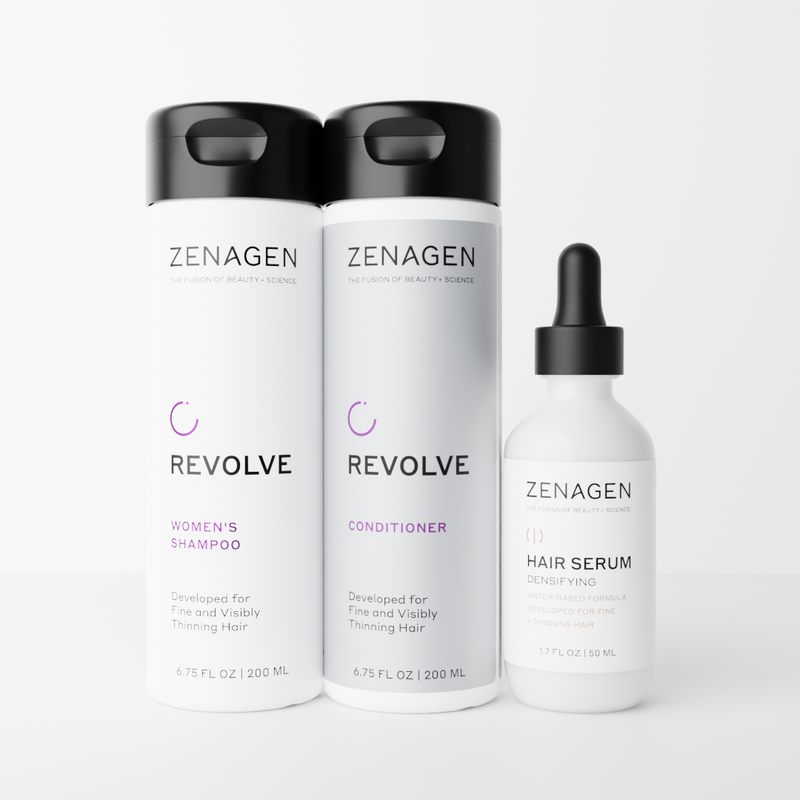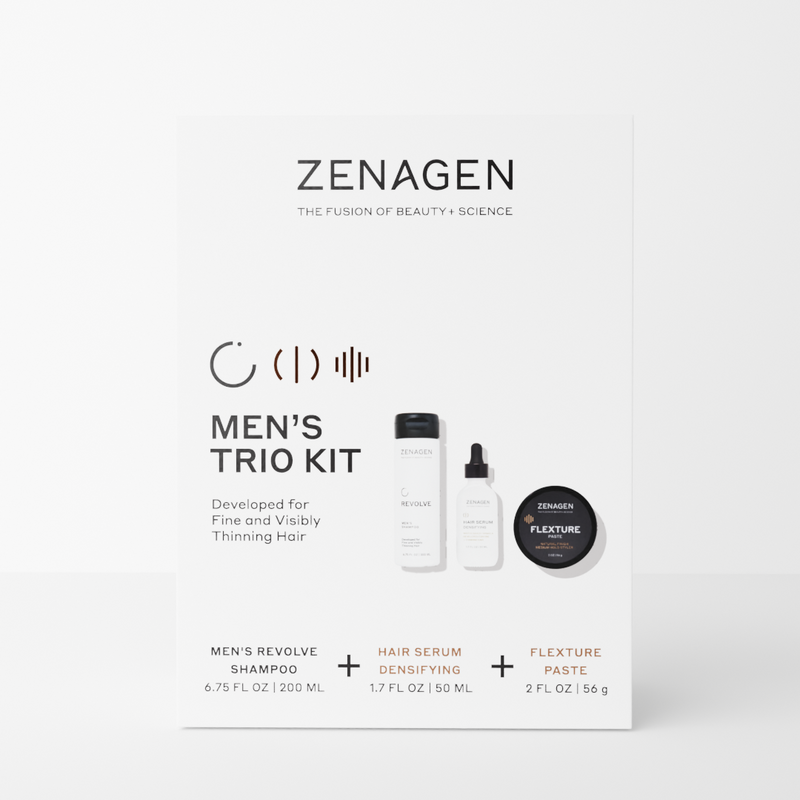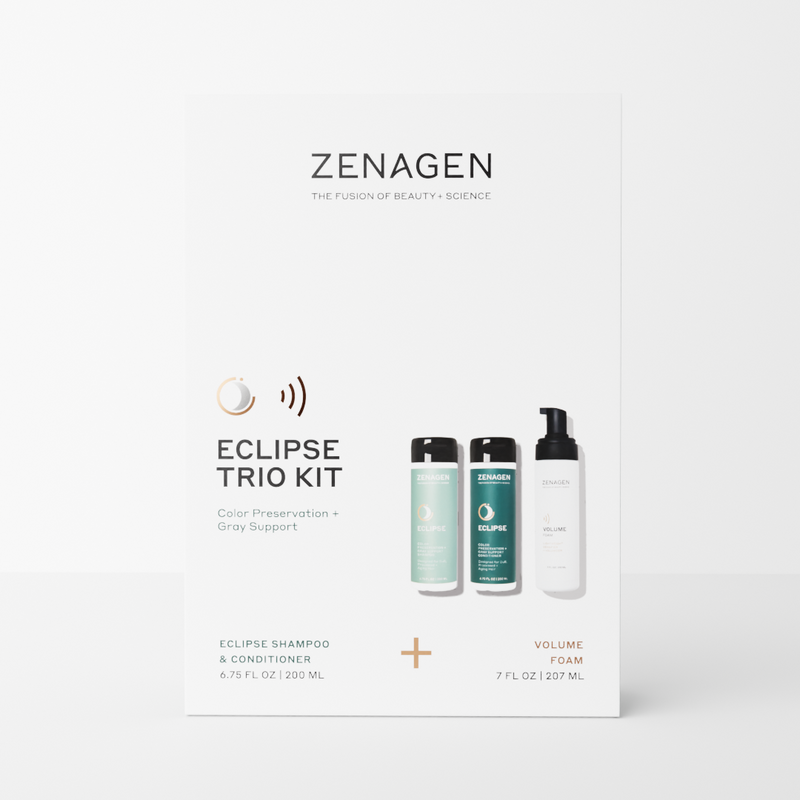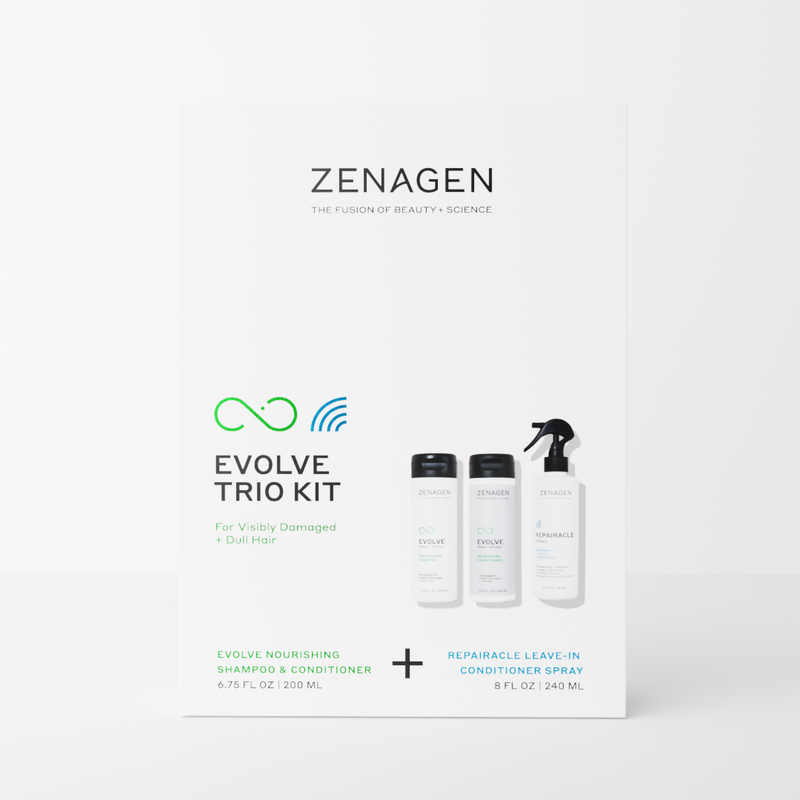It’s that time of the year again when your hair starts rebelling like a stubborn teenager, refusing to submit to your attempts to tame it. Just as too much humidity in the summer can make our hair harder to deal with, too little humidity in the winter can also negatively affect our strands.
What Is Winter Hair Damage and What Are Its Causes?
Winters are particularly unkind to hair. While you may have some hair static, winter damage to hair can potentially be much worse than your usual flyaways. During the coldest season of the year, you may have noticed that your hair is extra dry, brittle, and frizzy.
Constantly switching between heated rooms and ice-cold outdoor environments strips moisture from the hair. Combine that with unforgiving cold winds and you may have a hair emergency on your hands.
When hair becomes dry and brittle, it becomes more prone to breakage and the result is far from attractive. From a dry and itchy scalp to dandruff — there’s a whole lot of collateral damage that your hair has to endure during winters. Only the best shampoo and conditioner for damaged hair can give your hair the extra moisture and nutrients it needs.
But, what if you can prevent winter hair damage?
How To Prevent Winter Hair Damage
As a wise person once said, prevention is better than cure. So, let’s understand how to prevent winter hair damage in the first place.
Limit Hot Showers
Hot water strips your hair and skin of moisture, causing dryness. While you can always use hot water for your body, go for less damaging lukewarm water when washing your hair.
Wash Your Hair Less Frequently
Allow the natural oils from your scalp to moisturize the roots of your hair between washes. If you have an oily scalp, wash your hair every 1 to 2 days. If you have a dry scalp, try washing every 3 to 4 days.
Use a heat protectant
It might feel great to get a blow dry, but you need to ensure you are using a heat protectant like Zenagen's Repairacle Strengthening Leave-In Conditioner to prevent heat damage and breakage.
Avoid Stepping Outside With Wet Hair
Ensure your hair is nice and dry after a shower and before stepping outside. Damp hair can not only give you a head cold in the winter, but it can also make your hair break more easily.
Start a Nourishing Winter Hair Care Routine
Carefully create a nourishing hair care routine for winter and start using it before the season sets in. Make sure that it includes deep cleaning and conditioning.
Consider Using Moisturizing Hair Masks
Moisturizing hair masks with nourishing ingredients like avocados and bananas can help you keep dryness at bay. You can also pamper your hair with a warm oil massage once a week.
Include Omega-3-rich Food in Your Diet
Omega-3 fatty acids are good for your hair. They provide nutrients and proteins that are beneficial for the hair and scalp. They can also prevent the inflammation of hair follicles, reducing the risk of hair loss.
Examples of food items rich in omega-3 are seafood, nuts, seeds, and plant oils.
Wear a Hat
Wear a beret or a hat to protect your hair against the weather. Just make sure it doesn’t sit so tight that it restricts blood circulation.
If your hair is already showing signs of winter damage, don’t despair. There are still steps you can take to remedy the situation.
How To Treat Winter Hair Damage
- Choose a hair care regimen that includes the best shampoo and conditioner for damaged hair. In addition, consider incorporating hair masks, leave-in serums, oil massages, and other products that can restore lost moisture.
- Go for a trim. If your hair is already damaged, you have nothing to lose by chopping off dry and split ends. Hair cuts are effective for arresting hair fall and can make your tresses more manageable.
- Hide those heat-styling tools. If they are not in sight, you’re less likely to use them. Damaged hair does not react well to heat.
- The hair’s friction with pillowcases can contribute to damage. Switch to a pillowcase fabric that minimizes friction. Silk is a popular alternative that is kind to the skin and hair.
- Get sufficient sleep and drink plenty of water. Lack of sleep and hydration can affect hair health.
Additional Tips for Keeping Your Hair Healthy During the Winter Months
Winter or not, most hair problems arise from an unhealthy scalp. If your hair feels damaged, do a scalp check. Is it itchy, dry, or flaky? Do you have any skin conditions that are affecting your scalp?
If there is an underlying issue at play, book an appointment with a dermatologist instead of trying hair hacks. Dermatologists can give you tailored and relevant advice so that you can address any problems efficiently and effectively.
Evolve: Best Shampoo and Conditioner for Damaged Hair
One of the best options for treating and preventing winter-damaged hair? Evolve’s Repair Shampoo Treatment and Repair Conditioner. Made from all-natural ingredients and enriched with amino acids, this hardworking pair seals in moisture so the scalp is hydrated and the hair is stronger. It strengthens strands for noticeably healthier and lustrous hair after only a few washes.
The products are simple to use and can easily be adopted into your hair care routine. All you have to do is gently massage the shampoo into wet hair, leave it on for five minutes, and rinse thoroughly. Follow it up with the conditioner for a nourished and deeply conditioned mane. No fuss, no hassle, and no elaborate processes.
The Evolve Repair Shampoo Treatment and Repair Conditioner are vegan, gluten-free, suitable for all hair types, and safe for colored-treated hair. For healthy winter hair, look no further than this shampoo-conditioner combo.



